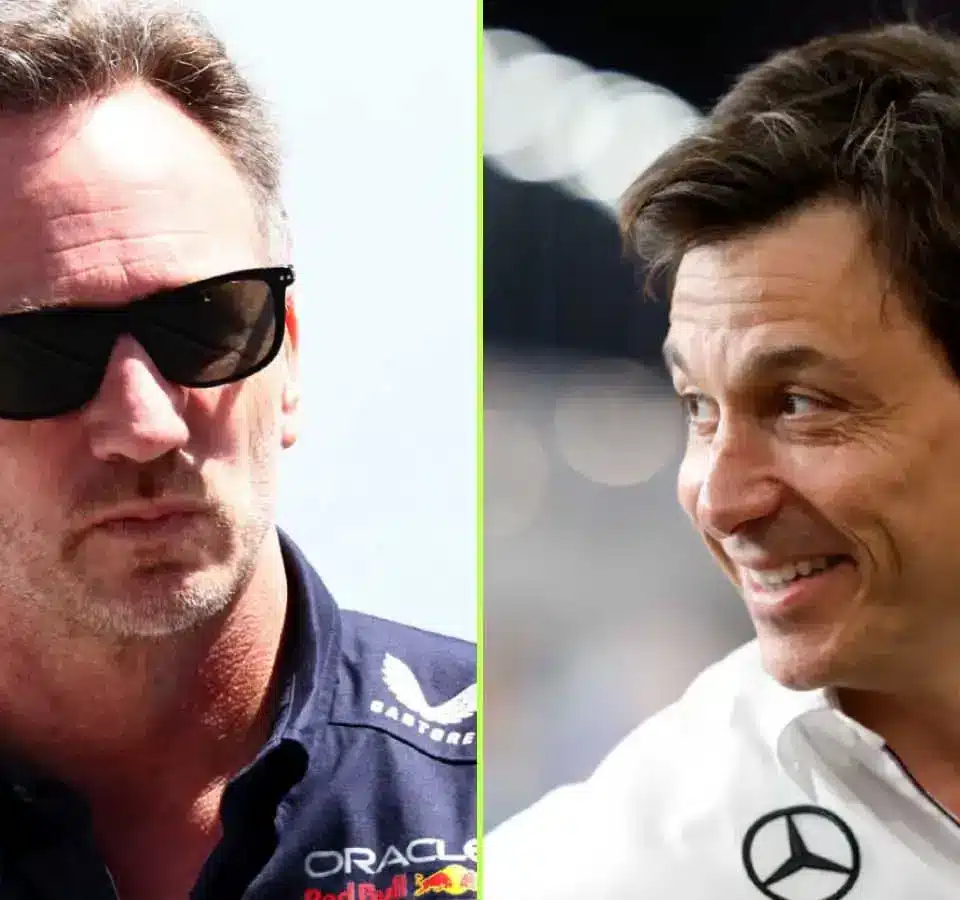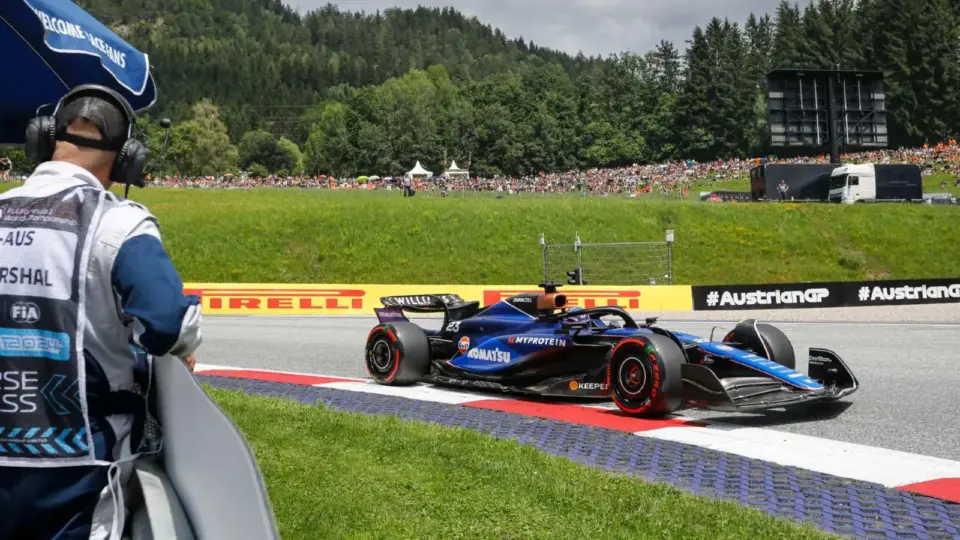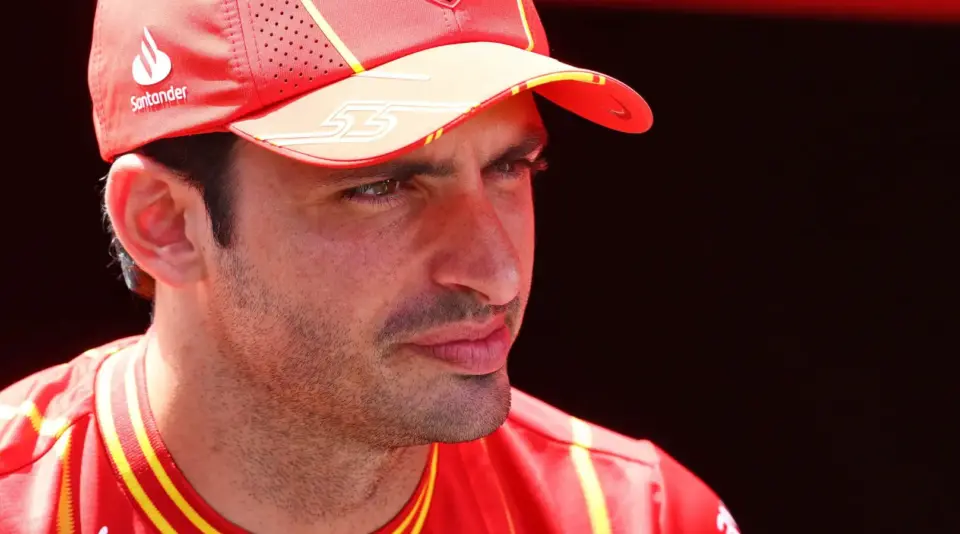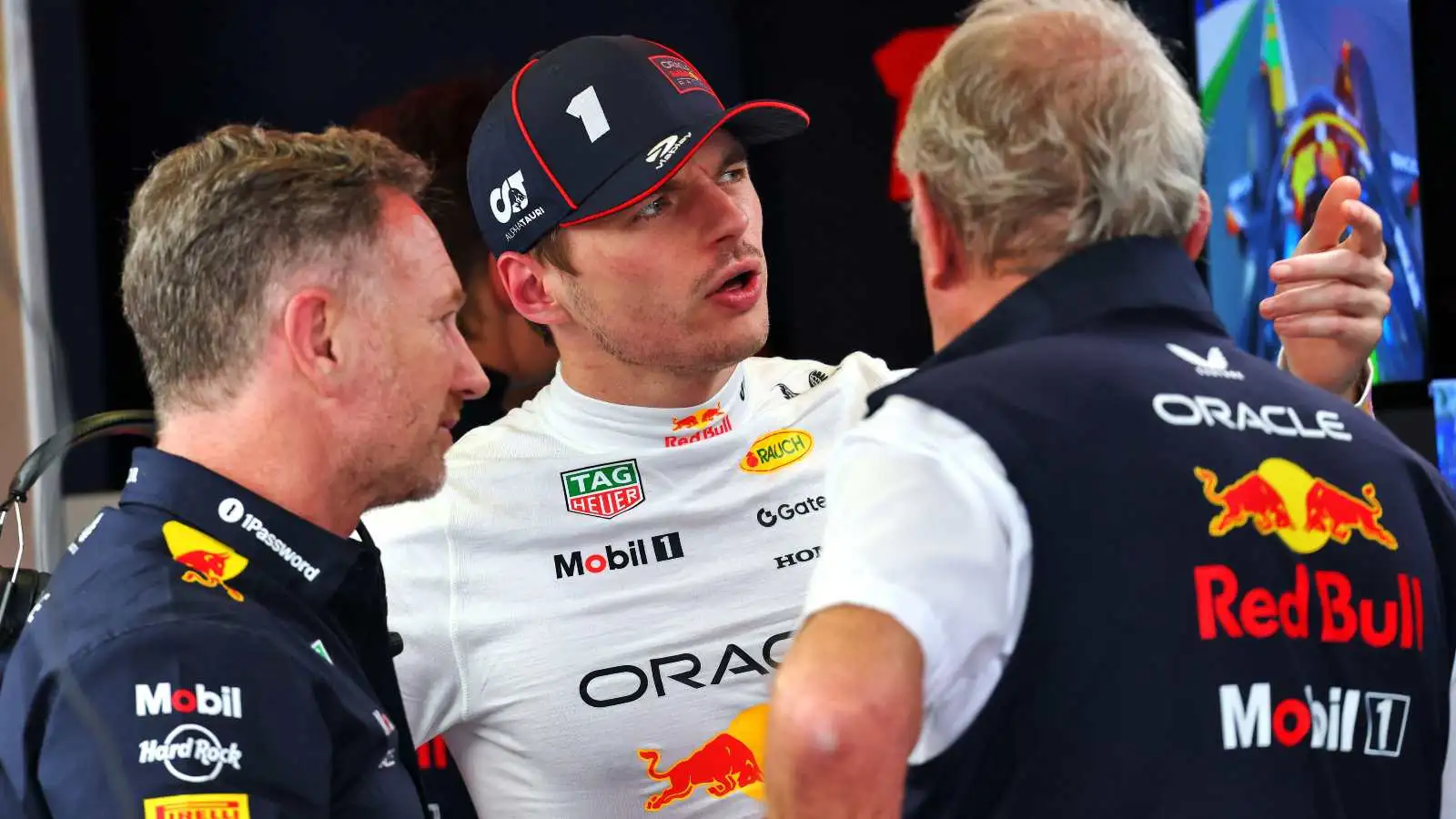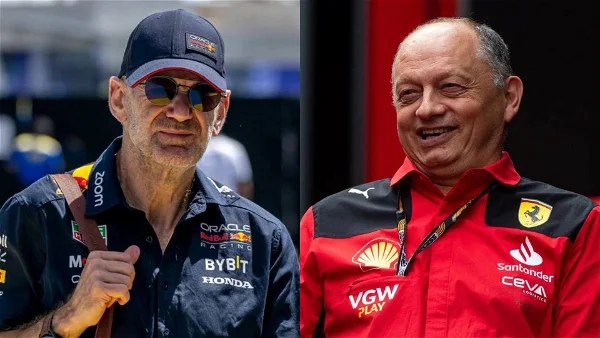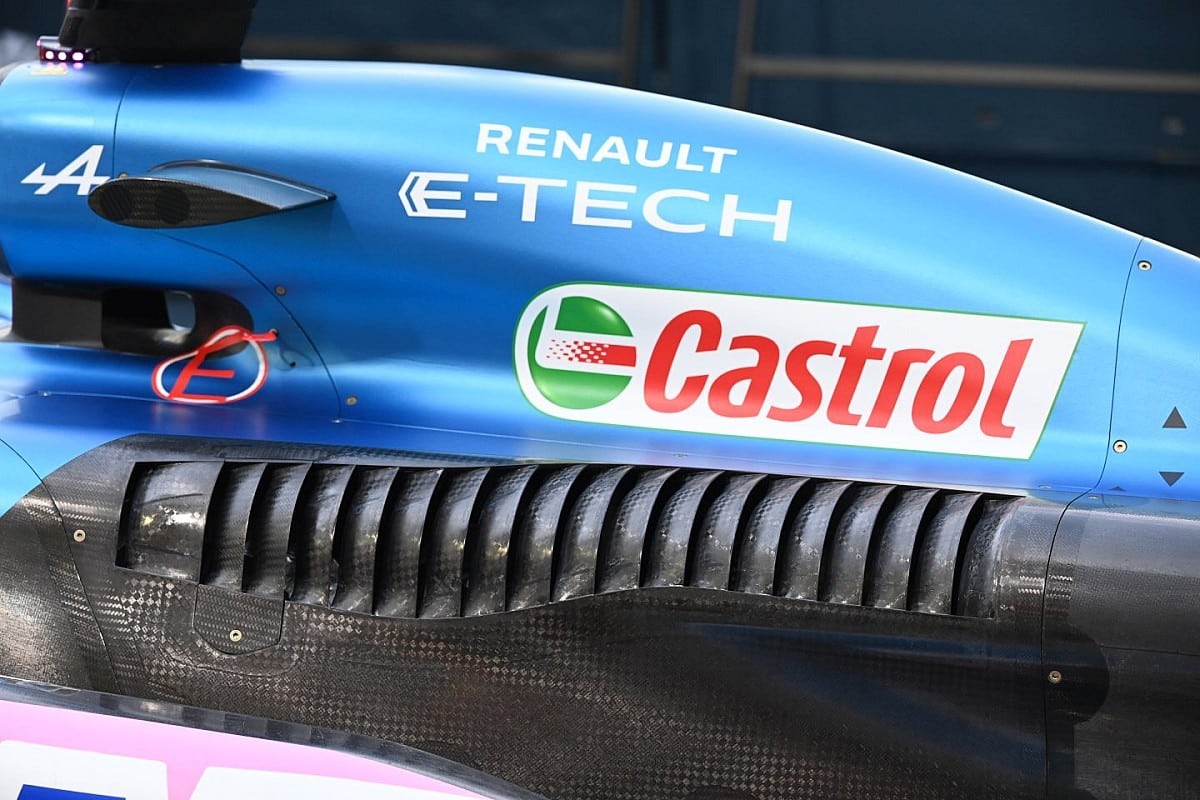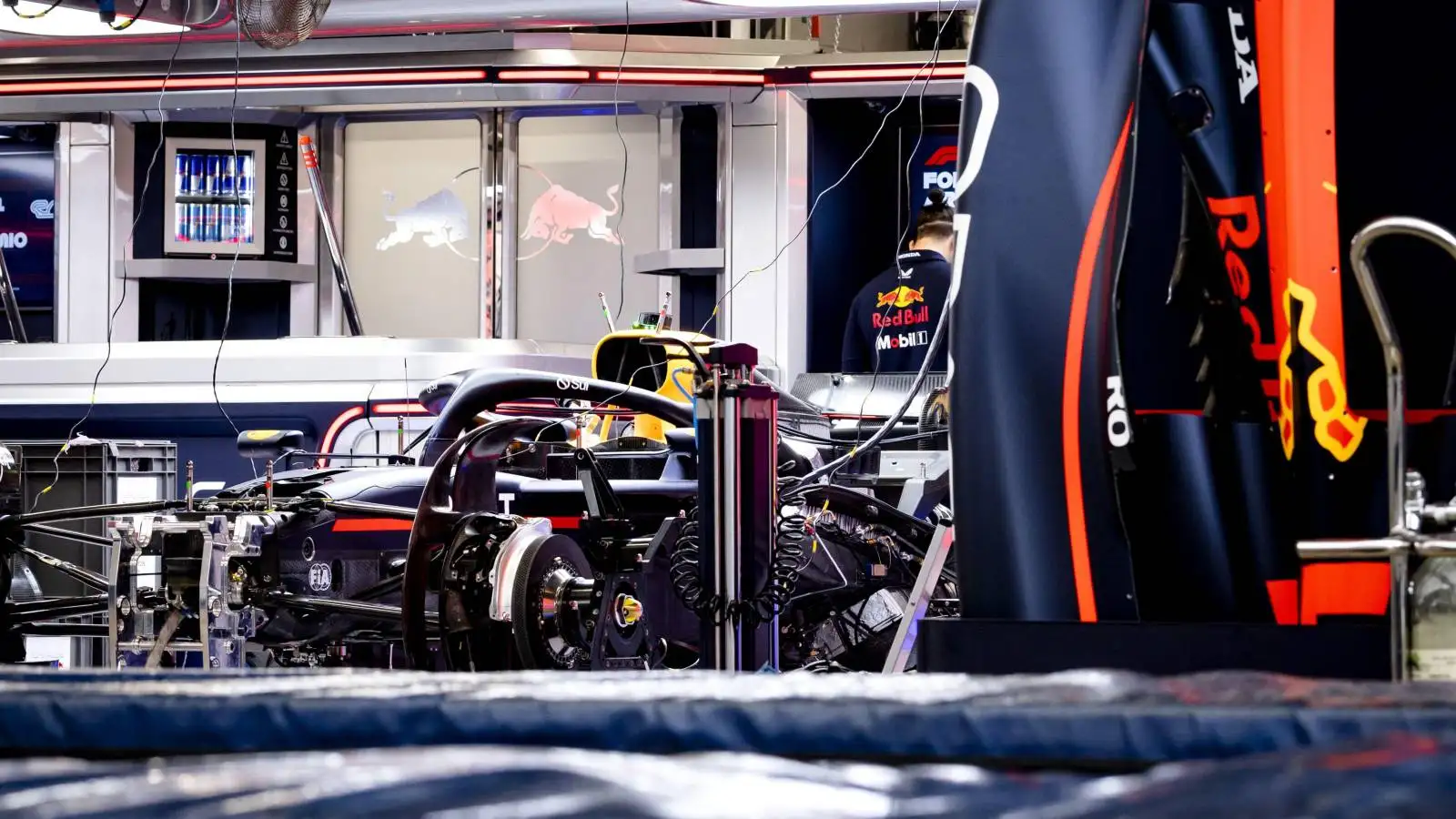Toto Wolff didn’t hold back when he branded Christian Horner’s comments as “talking nonsense” during a press conference in Austria. The tension between these long-time rivals escalated when Horner questioned Mercedes’ “motives” in their pursuit of Max Verstappen.
This ongoing rivalry has seen its share of verbal jabs, with the latest centered on Verstappen’s future team commitments. Despite the buzz around Verstappen’s plans, the Dutchman clarified he would stick with Red Bull for the upcoming season. However, Horner hinted that the rumors of Verstappen considering a move could be a distraction tactic.
Horner, addressing the speculation directly, emphasized that Verstappen has been clear about his intentions with the team. He suggested that the stir might be linked to the driver market and a vacancy at Mercedes, hinting that the seat won’t be filled by Verstappen. “It’s a question you’d have to ask Toto,” Horner remarked, suggesting it might be a diversion tactic.
Wolff seemed unimpressed by Horner’s insinuations. When informed about Horner’s comment regarding signing Jos Verstappen instead, Wolff retorted with sarcasm, highlighting the absurdity of the claim. He further stated that Mercedes’ priority is to enhance their car’s performance to naturally attract top-tier drivers like Verstappen.
Wolff’s approach underscores a clear objective – to build a competitive car that would appeal to leading drivers. He acknowledged that their current performance isn’t up to the mark, indicating that improvements are necessary for Mercedes to become an attractive option for talents like Verstappen.
The exchange between Wolff and Horner highlights the intense competition not just on the track, but also in the managerial strategies of top F1 teams. While Horner questions Mercedes’ strategies and suggests ulterior motives, Wolff focuses on the primary goal of enhancing Mercedes’ racing performance. This ongoing duel serves as a reminder of the high-stakes environment in Formula 1, where every statement and maneuver can significantly impact team dynamics and driver choices.
